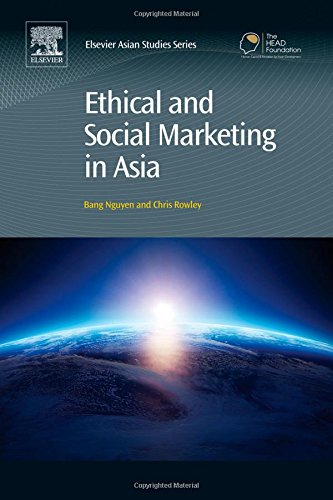

Most ebook files are in PDF format, so you can easily read them using various software such as Foxit Reader or directly on the Google Chrome browser.
Some ebook files are released by publishers in other formats such as .awz, .mobi, .epub, .fb2, etc. You may need to install specific software to read these formats on mobile/PC, such as Calibre.
Please read the tutorial at this link: https://ebookbell.com/faq
We offer FREE conversion to the popular formats you request; however, this may take some time. Therefore, right after payment, please email us, and we will try to provide the service as quickly as possible.
For some exceptional file formats or broken links (if any), please refrain from opening any disputes. Instead, email us first, and we will try to assist within a maximum of 6 hours.
EbookBell Team

4.8
34 reviewsThere is a growing interest in firms’ adoption of ethical and social marketing approaches among academics and practitioners alike. Ethical Marketing is the application of ethics into the marketing process, and Social Marketing is a concept that seeks to influence a target audience for the greater social good. Ethical and Social Marketing in Asia examines this so-far unexplored area, investigating why differing cultures and consumption behaviours require different emphasis in different markets. The diversity of the Asian countries provides a perplexing environment to the development and management of ethical and social marketing. The belief that bottom line profits is enough for a company, is often not favourably viewed by Asian countries emphasising collective, social and long term benefits for the people and country. Due to these interesting characteristics and complexities, the study of ethical and social marketing in Asia is a timely topic. The first chapters introduce Ethical Marketing in Asia, followed by case studies of how the approach is used across 14 diverse economies, geographically based on ‘clusters’; North East, (China, Taiwan, Japan, South Korea), South East (Singapore, Malaysia, Thailand, Vietnam, Cambodia, the Philippines, Indonesia) and South Asia (India, Pakistan, Bangladesh). The second part discusses Social Marketing using the same sequence of regions and economies and the third part explores the unique link to Fairness Management in Asia, followed by a conclusion.